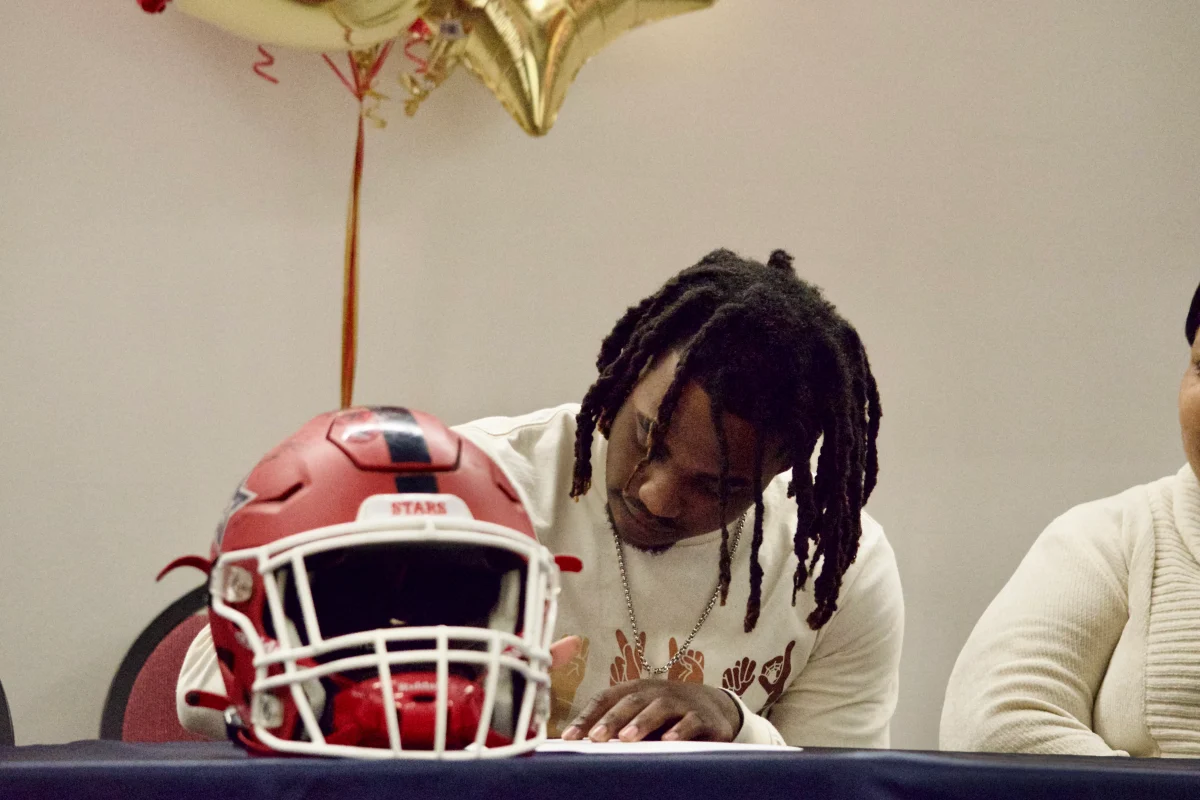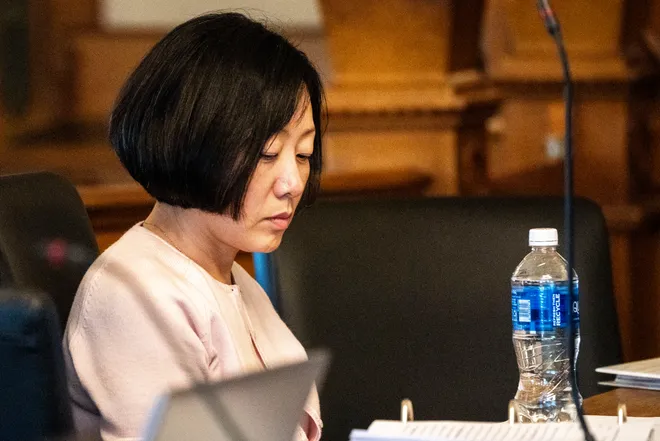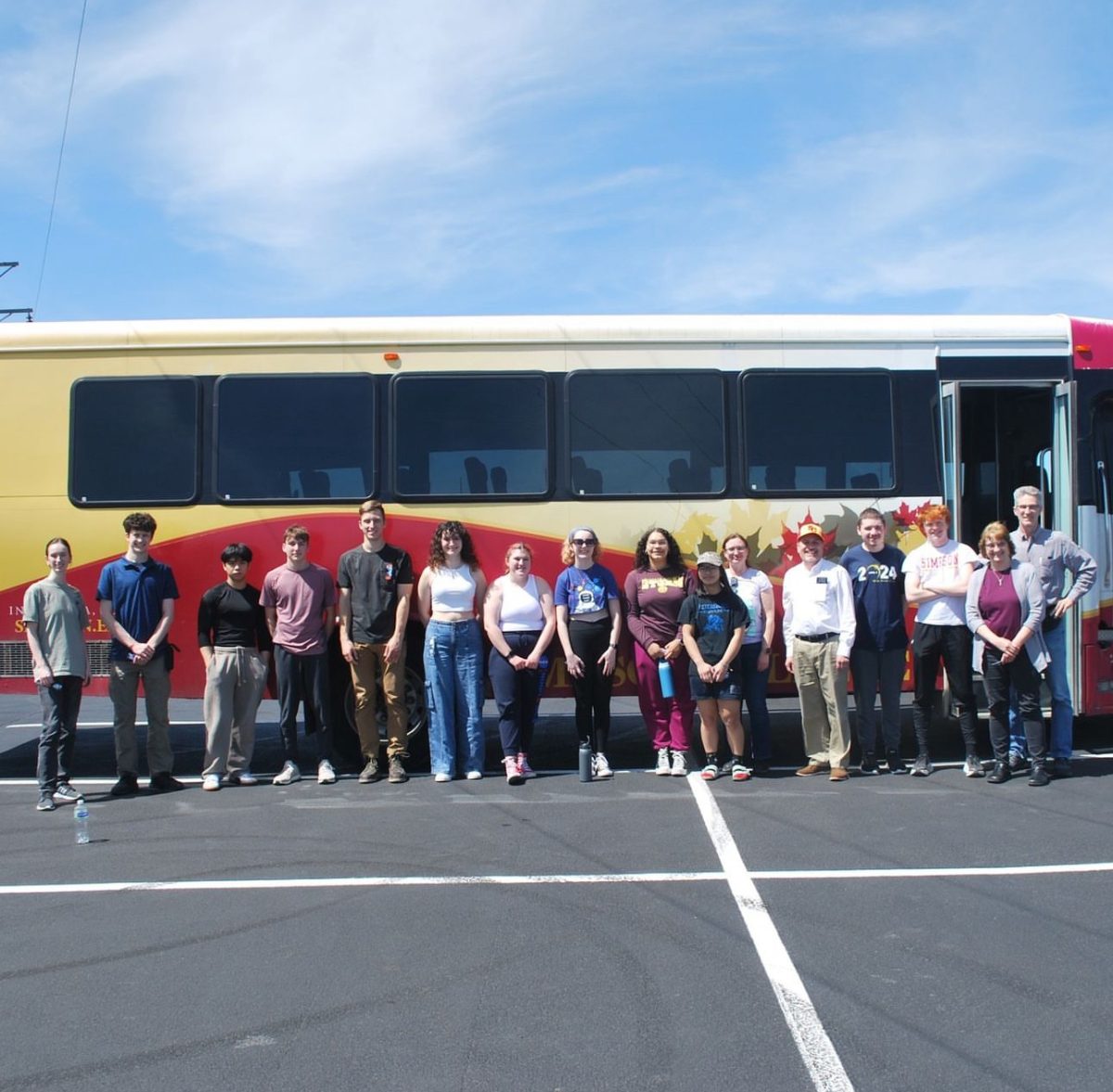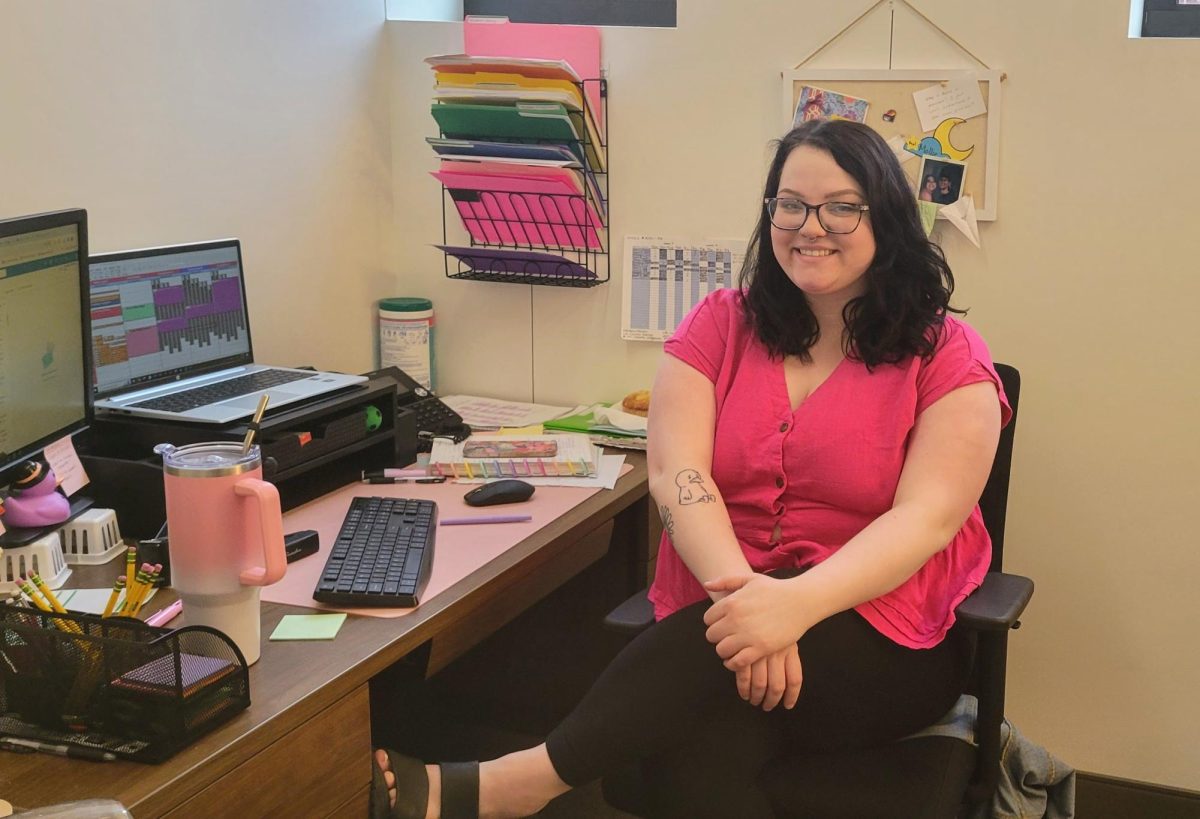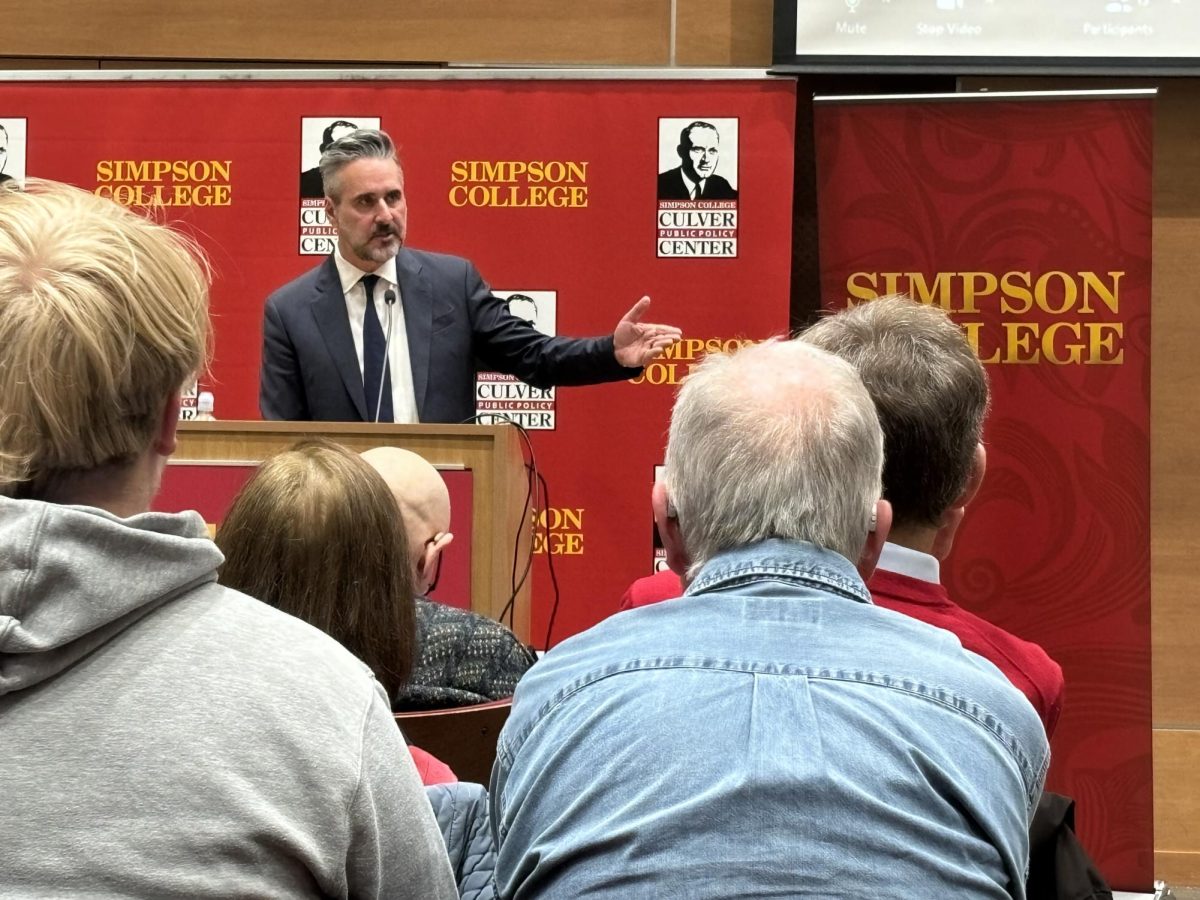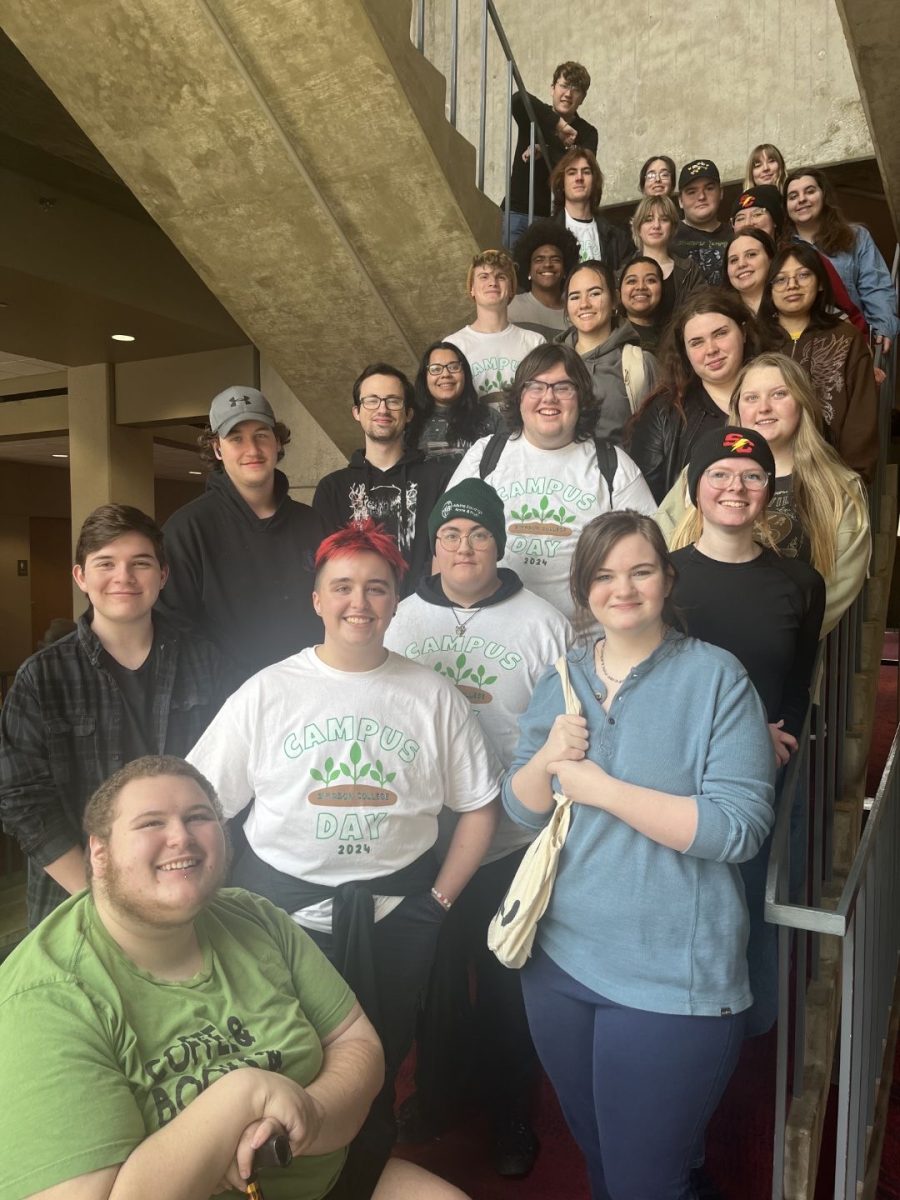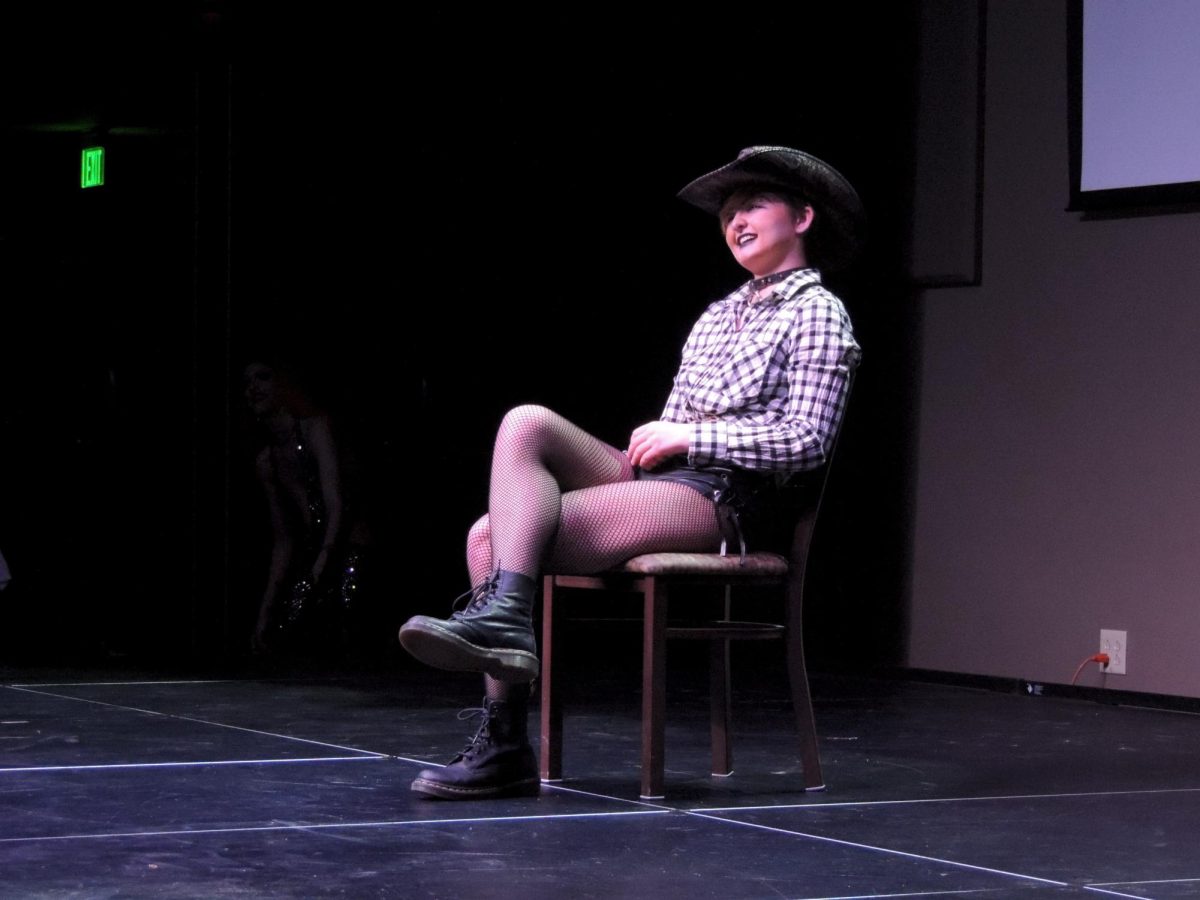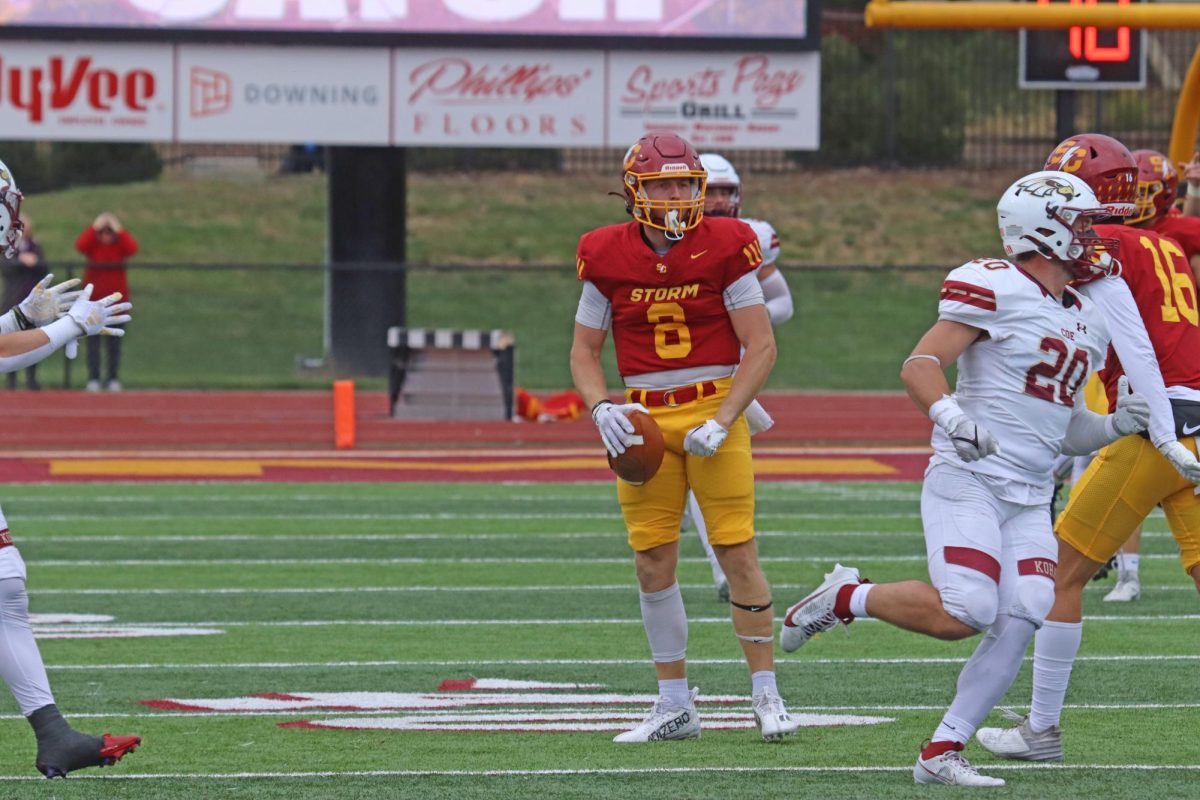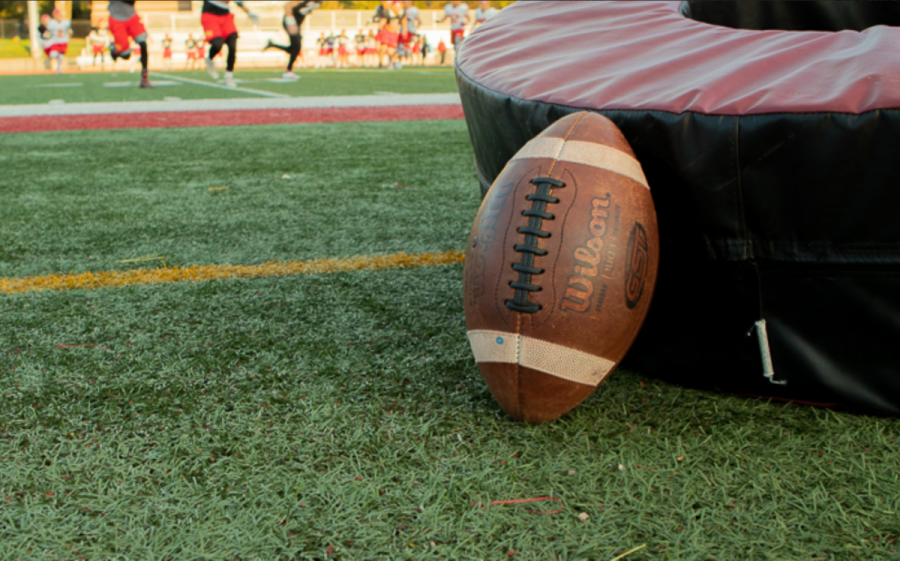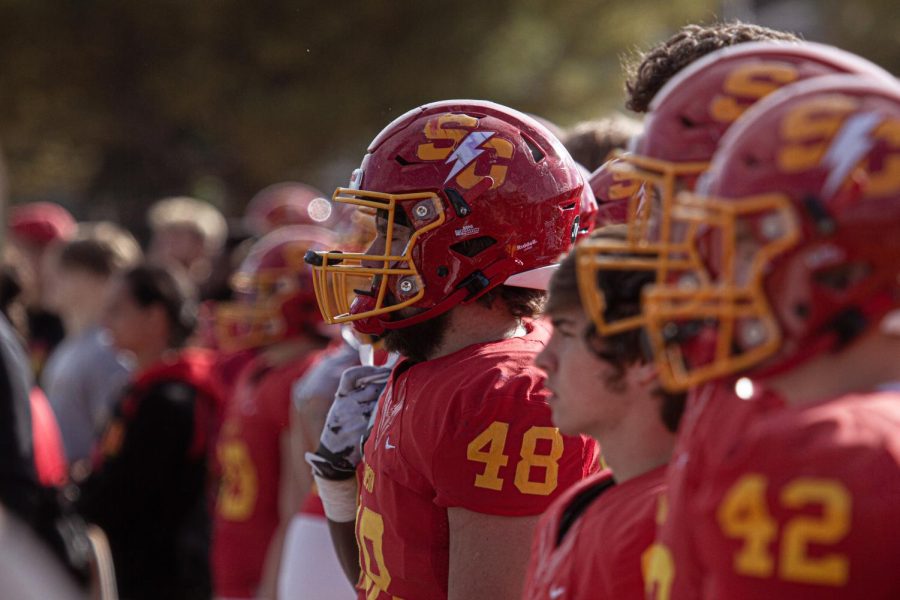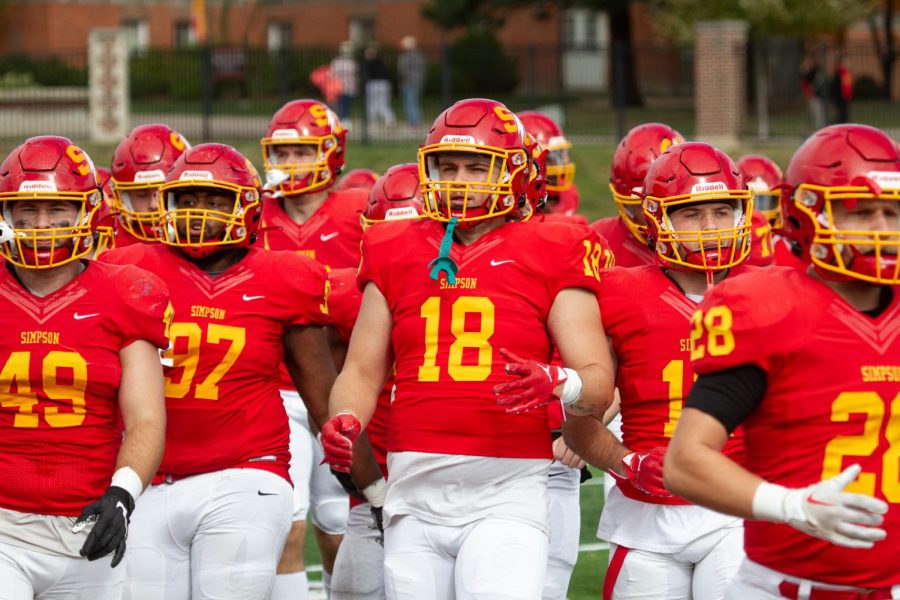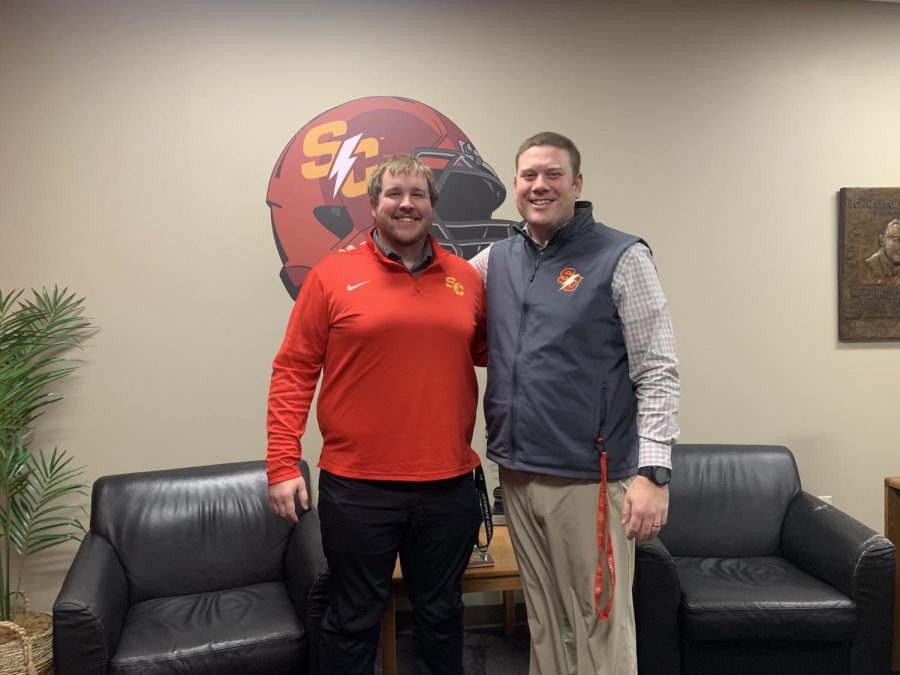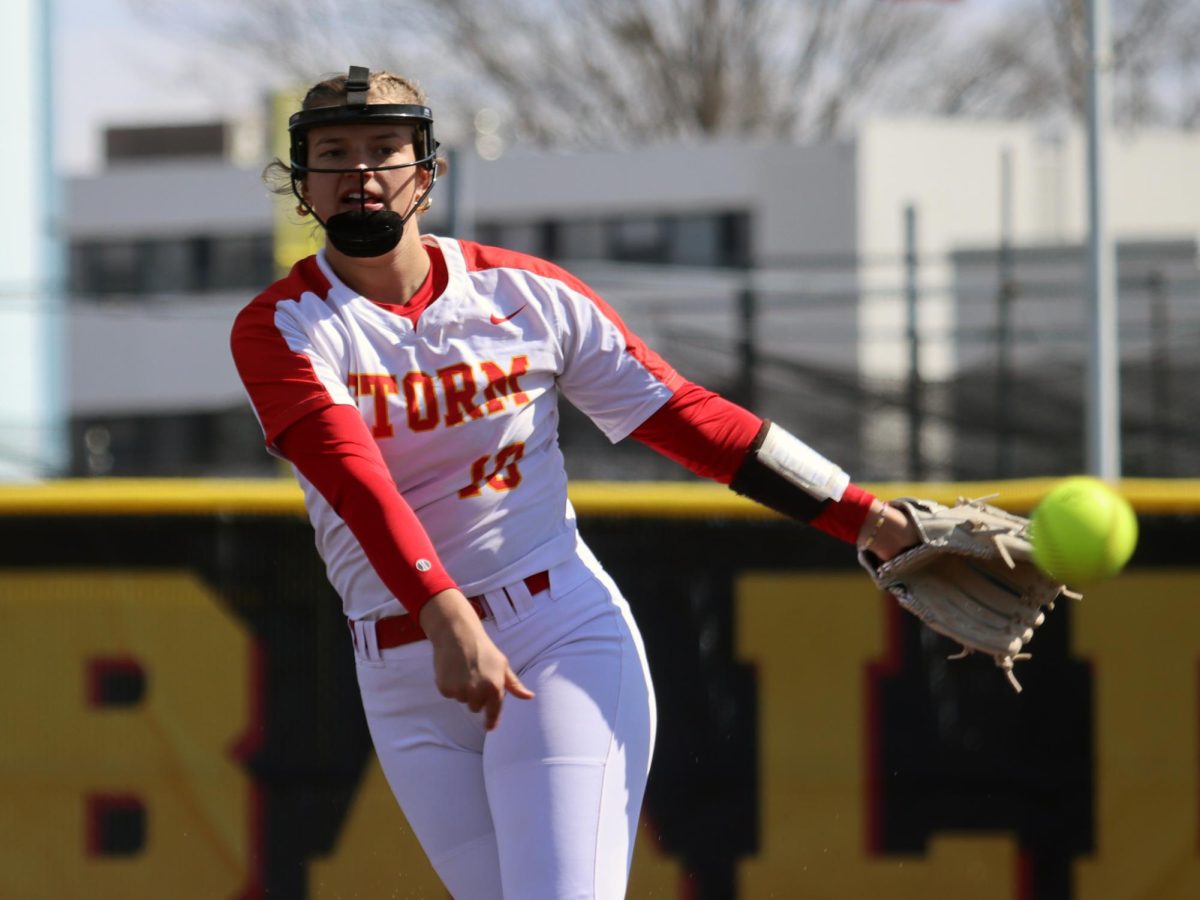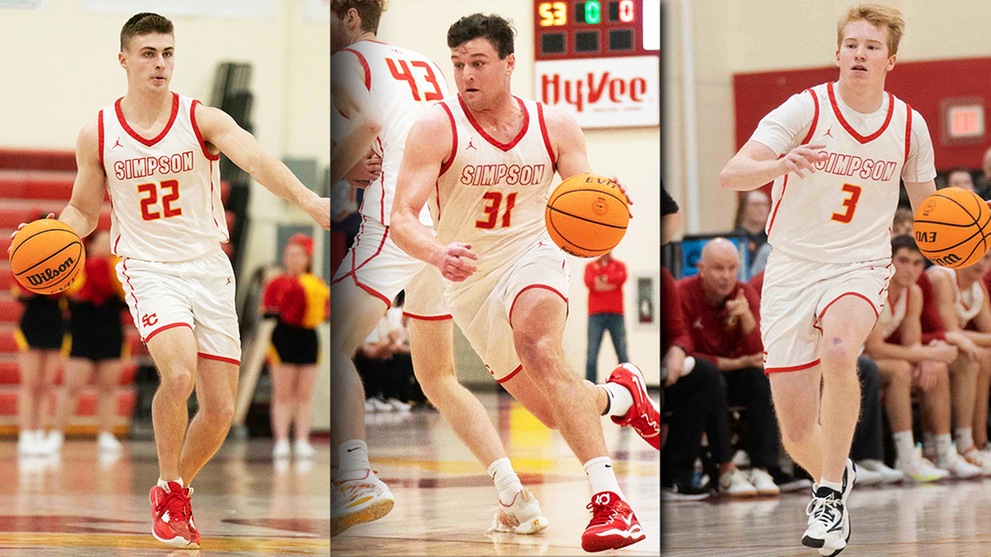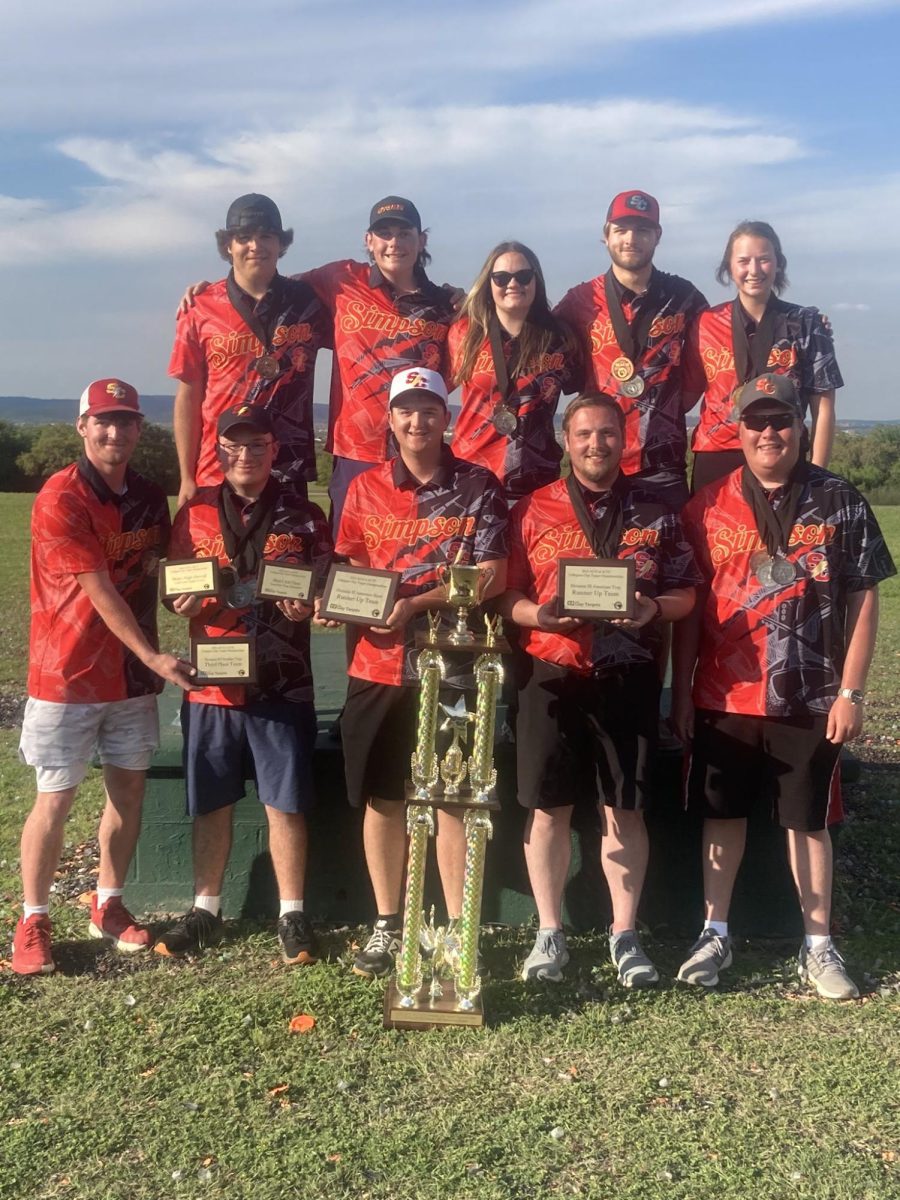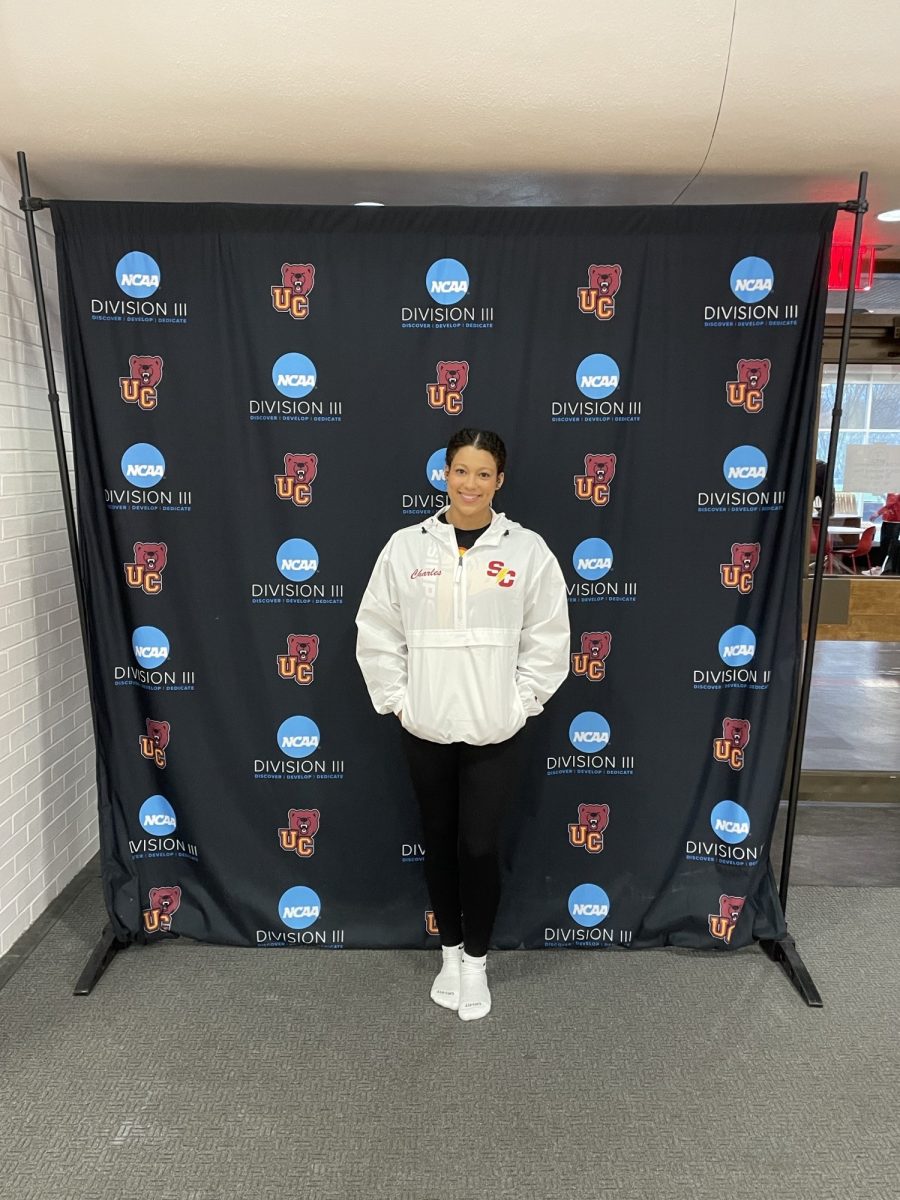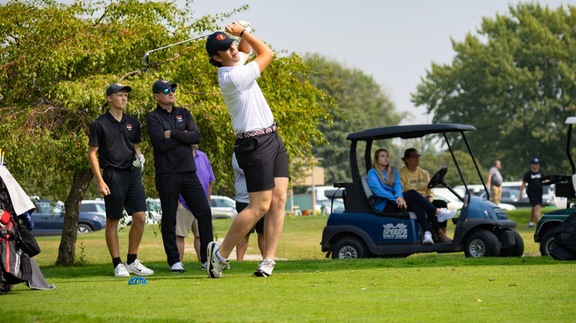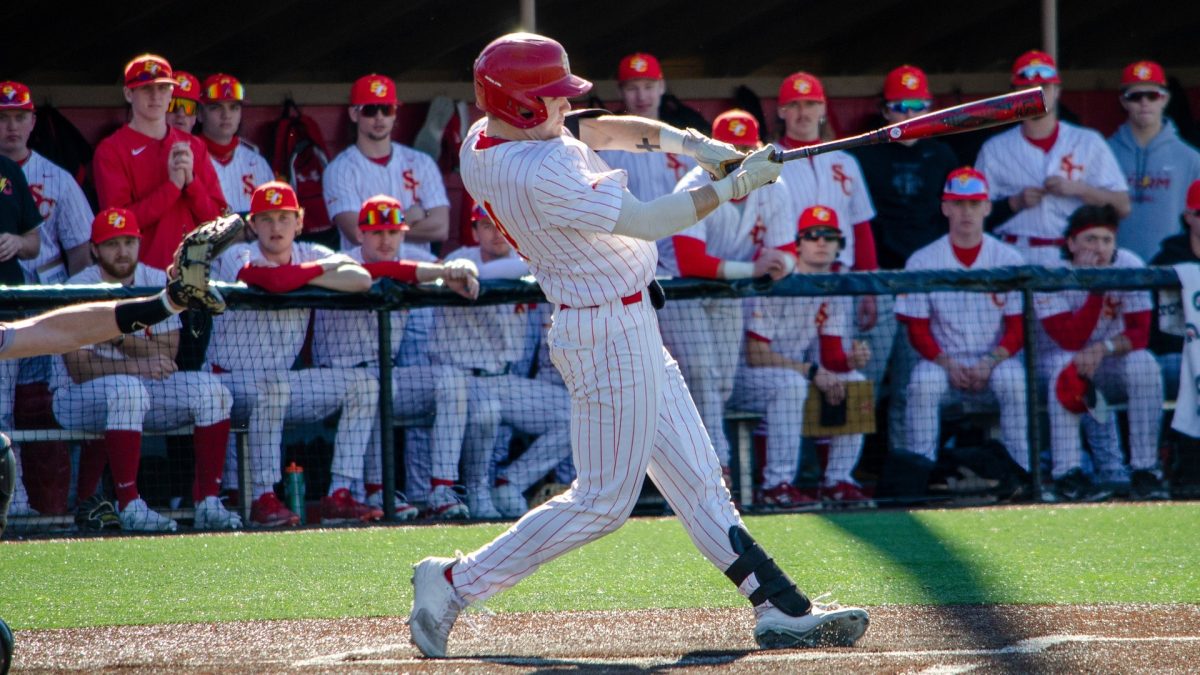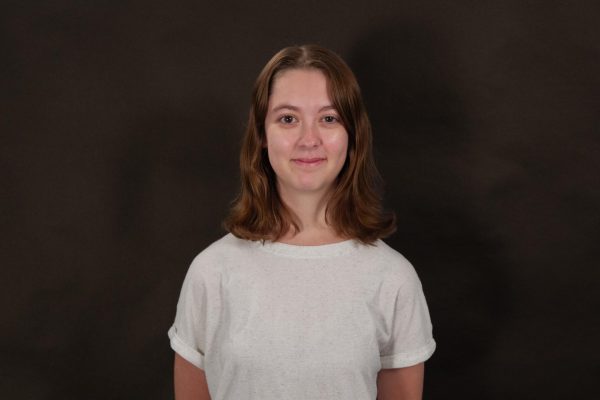The Storm will welcome a unique player to its football and track teams in the fall. Demarico Young, a senior from Sioux City North, committed to Simpson on Thursday, Feb. 22.
According to the Des Moines Register, Young has been deaf since age three and attended the Louisiana School for the Deaf. The similar feeling at Simpson is one of the reasons he chose to attend.
“I chose Simpson College because it feels like a sweet home and I like small colleges for me,” Young said in an Instagram message. “I hope next fall will be a big change when I’m on-field and off-field.”
And it will be a big change for not just Young.
Head Coach Reed Hoskins started learning American Sign Language (ASL) during the recruiting process and it’s going, as he said and signed, “fine.”
“It’s a process just like anything,” Hoskins said. “But it really started (with) recruiting Demarico, just with some greetings and things of that nature. He certainly had his interpreter with him as he went through our visits, for parts of them, and as he became more comfortable, the more we were able to interact on our own.”
And soon, he may not be the only one.
The Simpson club, Advocacy, Community, Education, and Support (ACES) is hoping to get an American Sign Language (ASL) class implemented on campus. Kenneth Norris is the frontrunner on the project and is hard of hearing in a way hearing aids can’t fix.
“I began my inquiry into Simpson students’ interest in ASL because I have Central Auditory Processing Disorder (CAPD), which is a learning disability that impacts the way my brain processes auditory information,” Norris said.
He has been working with Karen Lynch and Student Accessibility Services (SAS) to gauge whether students would find an ASL class to be beneficial to their educational experience or if it would provide an accessible alternative for them to fill their foreign language credit.
Even before Young has begun his college career, he has started building relationships with those at Simpson.
“I did meet Coach Hoskins, I’m not sure how many times, but he has been very cool ever since I met him,” Young said. “I met many football players two weeks ago on weekends they played very excited and motivated.”
After meeting Young on his visits to campus, members of the football team have started learning ways to communicate with him on their own, even without a class.
“He’s been on campus four or five times through this process,” Hoskins said. “And some of those guys (the football players), in learning more about Demarico, have picked up more and more things and have been creative with some of the apps on their phones to communicate that way.”
Young is appreciative of the effort the Simpson community is showing and is ready to grow along with them.
“I’m happy that they did learn American Sign Language during December. That makes me happy,” he said. “This will have a big, big change for Simpson football players because they never see who has good skill, fast and high energy.”
Aside from his football skills, Young is also the first in his family to be pursuing higher education.
“Tough life when I was younger because I could see when my family didn’t make it to college, but I told my mom many times I would make it to college,” Young said. “They had to trust me, and they have trusted me since I was 15 years old. Now look at me, God bless me that I’m glad going to college next fall.”
Perhaps there will be an ASL class for students to take that will make the transition a bit easier for him and all those with hearing impairments.
“I wouldn’t say that I’m overly fluent in ASL yet, but we’re working on it for sure,” Hoskins said.
“It’s been uplifting to see some engagement with this from my closest friends,” Norris said of his experience. “It makes me wonder how the culture of our campus would change if we all picked up some basic phrases.”
Norris proposes that even if Simpson cannot find someone to teach ASL at Simpson, the faculty in charge of academic affairs should offer to validate an online or off-campus program that fulfills the same embedded skill requirement that Spanish and other cultural classes do.
“The deaf and hard of hearing community has its own culture, and I hope to convince our institution that this area of study is worthy of fulfilling these requirements,” Norris said.



